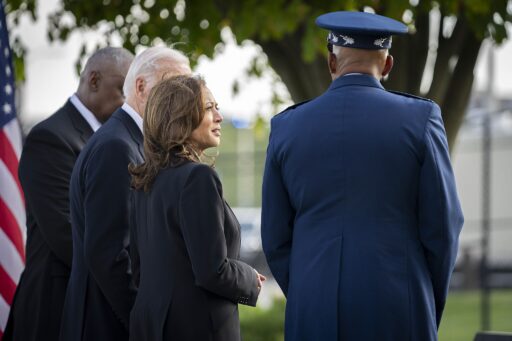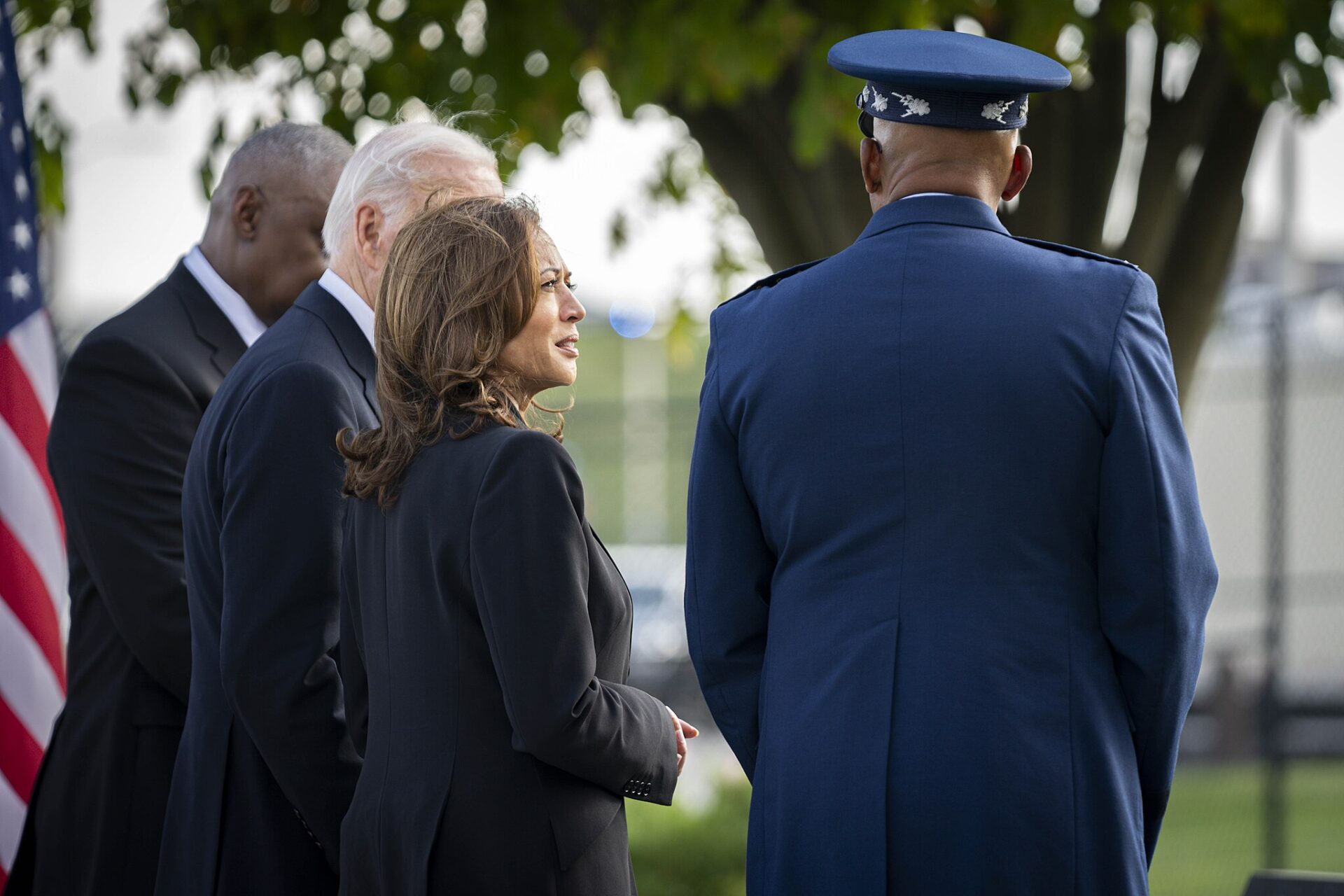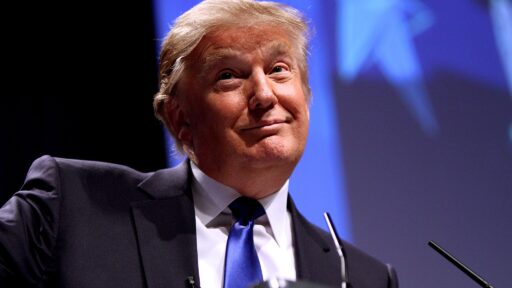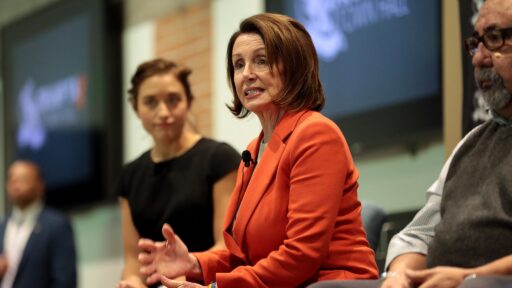People don’t want to lose their livelihoods under Kamala and rightfully so.
In a recent debate, Vice President Kamala Harris made a firm declaration: “I will not ban fracking, I have not banned fracking as vice president of the United States.” Yet, this assertion has not won over many natural-gas workers in western Pennsylvania, who remember her previous stance from the 2020 presidential campaign where she expressed clear support for banning the practice.
Harris’s apparent shift on fracking seems strategically timed to sway voters in Pennsylvania, a pivotal state in the upcoming election. The natural-gas industry is a significant economic driver in the Keystone State, supporting roughly 123,000 jobs and contributing over $41 billion to the state’s economy in 2022, according to FTI Consulting.
Scott Ivey, a service supervisor at Stingray Pressure Pumping, emphasizes the importance of the industry, noting that hotels are often packed with oil and gas workers. “It’s a massive boost to the economy,” Ivey explained. “When I stay at a hotel, a significant portion of the guests are from our sector. Sometimes, it’s nearly impossible to book a room due to high occupancy.”
Sarah Phillips, a petroleum engineer from Canonsburg, Pa., witnessed a dramatic change in her community, which was once struggling but now flourishes thanks to the natural-gas boom. “A decade ago, it was nearly empty. Now, it’s vibrant with new restaurants, hotels, and other businesses,” she noted.
Ryan Butya, owner of All Star Sports Bar & Grill in Canonsburg, revealed that around 85% of his patrons are industry workers. His father established the bar in 2014, benefiting from the economic influx generated by fracking. “The industry has significantly enriched our community,” Butya said, pointing out the increased local revenue and job creation.
Despite these economic benefits, many in the industry remain skeptical about Harris’s commitment to fracking. Ivey voiced concerns, stating, “I don’t trust what Kamala Harris says. I believe she’ll impose such stringent regulations that it will become nearly impossible to continue fracking.” He attributes the recent slowdown in job opportunities to new regulatory measures that he feels are hampering the industry.
Phillips also highlighted delays in projects like the Mountain Valley Pipeline, which faced years of legal and regulatory challenges. “The Biden-Harris administration has been part of the problem with federal leasing bans and other restrictions,” she said.
For many in Pennsylvania, the push for aggressive carbon reduction goals by 2050 seems incompatible with the future of fracking, raising concerns about the industry’s viability under current policies.







